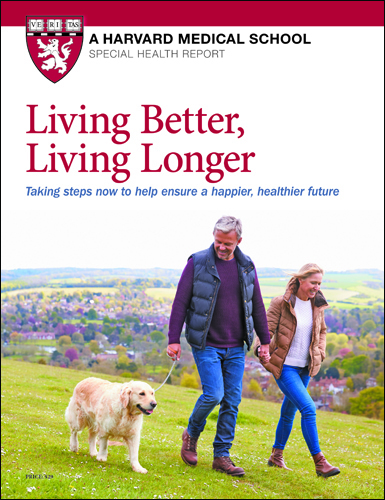You don't say? Is there anything right about being left-handed?
- Reviewed by Howard E. LeWine, MD, Chief Medical Editor, Harvard Health Publishing; Editorial Advisory Board Member, Harvard Health Publishing

History is full of famously talented left-handers, like Leonardo da Vinci, Jimi Hendrix, and Sandy Koufax. Still, lefties make up only 10% of the population, and it's unclear why they favor their left side.
It's thought that, as with most behaviors, a mix of genes and environmental factors influences which hand you favor. However, while left-handed people usually have at least one left-handed relative, scientists have not yet identified any genes that determine handedness.
But are there any upsides or downsides to being a southpaw?
Some research has suggested that left-handers have unique qualities over their right-handed counterparts. For example, they are believed to be more creative and more athletic and to have better memories. But these are still unproven theories.
In terms of health, however, it's speculated that left-handed people have shorter life spans. The idea comes partly from observational studies that found left-handed people have higher rates of colon cancer and cardiovascular disease than righties.
Living in a right-handed world also may contribute to their supposedly briefer lives. Studies have found lefties have more accidents than righties. However, this might be explained by lefties having to use power tools and other dangerous equipment designed for right-handers.
The bottom line is that it's uncertain whether lefties have shorter lives than righties — or any apparent advantage over their right-handed brethren. It seems that when it comes to which side people favor, there's no right or wrong.
Image: © Liudmila Chernetska/Getty Images
About the Author

Matthew Solan, Executive Editor, Harvard Men's Health Watch
About the Reviewer

Howard E. LeWine, MD, Chief Medical Editor, Harvard Health Publishing; Editorial Advisory Board Member, Harvard Health Publishing
Disclaimer:
As a service to our readers, Harvard Health Publishing provides access to our library of archived content. Please note the date of last review or update on all articles.
No content on this site, regardless of date, should ever be used as a substitute for direct medical advice from your doctor or other qualified clinician.
















